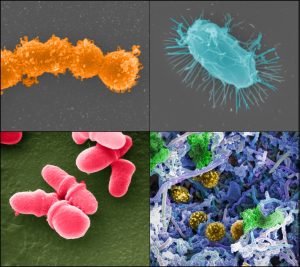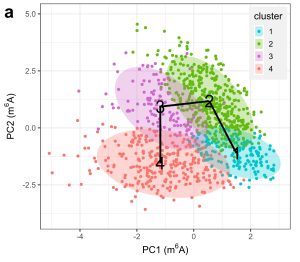06 Dec 2024
From October 29 to November 2, 2024, Moscow (Russia) hosted the Russian-Chinese Life Sciences Congress, organized jointly by the Chinese Academy of Sciences (CAS) and the Russian Academy of Sciences (RAS). The conference was held jointly with the 9th International Post-Genome congress, bringing together nearly 2,000 delegates from nearly 40 countries worldwide.
The Chinese delegation was represented by multiple Professors from top Chinese universities, led by CAS Academician, Professor Muming Poo, Scientific Director of the Institute of Neuroscience CAS (Shanghai), who also chairs the China Brain Project. Opening the conference was a Plenary lecture given by Professor Poo, which emphasized the importance of primate models in biomedical research. The conference was also attended by several other members of CAS, as well as by multiple members of the Russian Academy of Sciences.

Neuroscience research conducted at XJTLU was presented at the meeting my Professor Alan Kaluev, Department of Biosciences and Bioinformatics and Director of Suzhou Key Lab of Neurobiology and Cell Signaling at the School of Science. At the Neuroscience session that he Co-chaired on October 31, the delegates warmly congratulated Professor Poo on his birthday (coincided on that same day), and wished him many happy returns.
During this symposium, Professor Kaluev presented his XJTLU School of Science Lab’s resent important work on modeling brain disorders using zebrafish, which evoked considerable interest among the audience. He also discussed the value of zebrafish-based drug screens using artificial intelligence (AI) for neuroscience research, including using AI for drug discovery, currently performed in his XJTLU Lab in collaboration with several other teams from various Schools of the University.

The conference had over 60 other parallel symposia and sessions of different aspects of Biomedicine, and was instrumental in facilitating collaboration and knowledge exchange between the two countries. Bringing together experts, researchers, and professionals from both nations and around the globe, the meeting became an efficient and effective platform for sharing cutting-edge scientific advancements, innovative technologies, and best practices in biomedicine. This exchange of knowledge can lead to the development of new treatments, therapies, and medical technologies that can benefit both countries and the global population. The collaborations established during the joint CAS-RAS meeting can also lead to joint research projects, postgraduate student mobility, clinical trials, and technology transfers, fostering greater scientific and economic cooperation between the nations.
Content:Professor Alan Kaluev
06 Dec 2024








